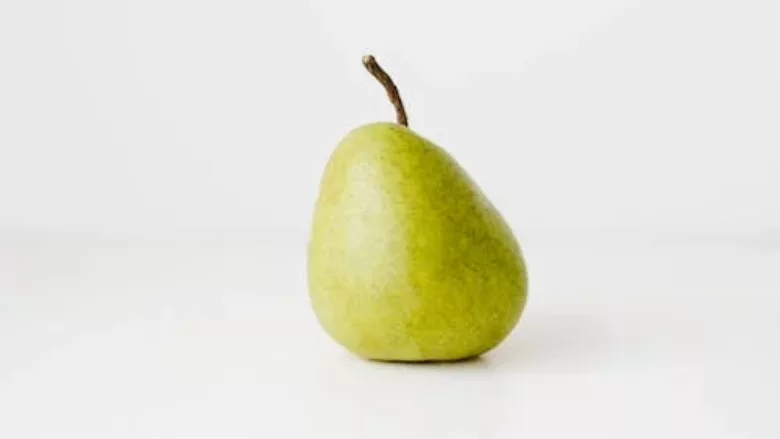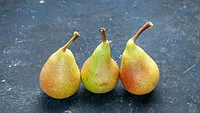Researchers Study Food Safety of Pears in Storage with Metagenomics

Credit: Anna Nekrashevich (anna-nekrashevich) via Pexels
Virginia Tech researchers in the College of Agriculture and Life Sciences are examining how fresh pears change during storage, and how such knowledge can be used to keep food safety risks low over time.
The two-year project is funded by a $335,000 grant from the Center for Produce Safety. For the study, Virginia Tech and the University of Georgia researchers are collaborating to examine different storage methods to reduce spoilage and food safety issues associated with the long-term storage of pears.
Industry uses a method that slows down the pears' natural ripening process to enable affordable, year-round access to the commodity. Pears are wrapped in paper in boxes or stored in bulk bins for up to a year.
The study’s researchers aim to understand how current industry practices can impact spoilage and food safety risk, and use the findings to provide actionable recommendations for delaying spoilage further without increasing food safety risks. The recommendations could possibly be extended to other tree fruits, as well.
Co-principal investigator on the project, Alexis Hamilton, Ph.D., previously worked alongside the Washington Tree Fruit Research Commission in Washington state, studying how long-term storage environments can impact the safety of fresh apples. The findings from studying apples provided insight into how spoilage issues can affect food safety risks over time. In the present study, the researchers hope to learn the same about pears, as well as discover more food safety risk mitigation measures for the storage of pears.
The researchers will initially look at microbial communities—including yeasts, molds, and lactic acid bacteria—on the surfaces of pears, and then study how the communities change during storage. The researchers will observe changes that take place under two different storage practices at three, six, and nine months, in long-term controlled atmosphere cold storage, to develop a metagenomic profile and track community composition.
Next, the three most significant microbes will be identified and co-innocculated with Listeria monocytogenes under industry-relevant conditions to characterize synergistic and antagonistic effects on fresh pears. Finally, the researchers aim to determine how the most prevalent bacterial, yeast, and mold isolates from the microbiome during storage will impact the growth and survival of L. monocytogenes on intact and wounded fruit.
Looking for quick answers on food safety topics?
Try Ask FSM, our new smart AI search tool.
Ask FSM →
According to principal investigator Laura Strawn, Ph.D. of Virginia Polytechnic Institute and State University, the application of metagenomic approaches offers exciting opportunities to fill in knowledge gaps and improve food safety and quality for the industry. Understanding microbial communities may yield novel synergistic or antagonistic relationships between spoilage organisms and pathogens.
Results from the project will yield data on the metagenomic profiles of marketable and unmarketable pears, which is information that the pear industry can use to enhance food safety and quality.







